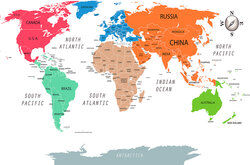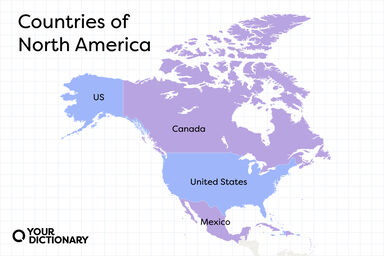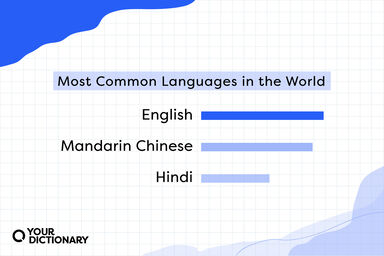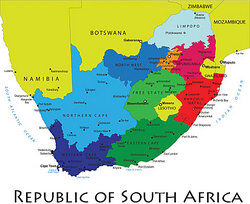The principle of unity of authority was set aside by the second republic in 1848, when many of the public services were attached to the corresponding ministries in Paris, and the departments organized on the metropolitan model by division into arrondissements and communes and by placing a prefect at their head.
Under the short-lived Second Republic (1848-52) the position of the Church grew even stronger, for the introduction of universal suffrage brought to the polls great masses of new voters strongly clerical in sympathies.
Meanwhile the Second Republic had come to an end in France; in 1852 the princepresident, Louis Napoleon, was elected emperor.
It started during the second republic with a circle of intellectuals engaged in reformist theology and quickly spread to university students.





